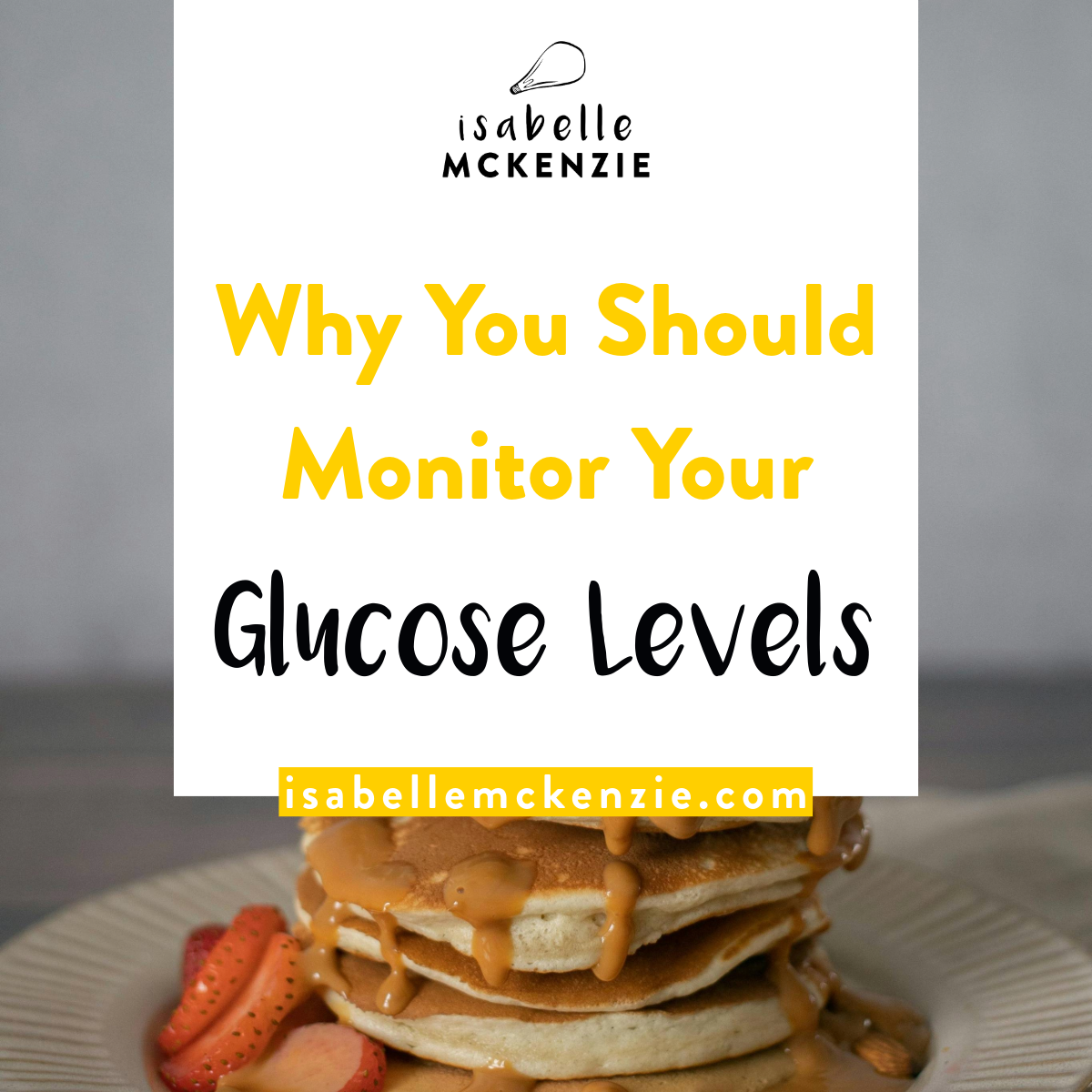How to Support Older Loved Ones With Their Health Goals
#SugarBalancedLiving
Aside from taking care of yourself, there’s a lot that you can do to support the health and wellbeing of the people you love, too. At some point in their lives, you might find that your parents could use that support, as well. We’re all destined to get older and, as we do, new questions about our health and independence can be raised. Here, we’re going to look at ways that you might be able to support your parents a little better as they become more reliant on your help.
Talk with them about their health
The first thing that you should do is take the time to get the facts. If you’ve been noticing differences in their health, how they go about daily tasks, or have any concerns about their wellbeing, asking them directly is often the best way to better understanding their changing needs as they get older. Asking them up front is a lot more likely to help them feel involved and respected in any decisions that you might both make regarding their health in the future. Some parents may be reluctant to worry their loved ones by talking candidly about their health, but make it topic of conversation that you return to, and share your own health changes to make them more comfortable about opening up if that is the case.
Become their assistant with the doctor
As we get older, we might develop more health conditions that we have to manage and end up going ot the doctor’s a lot more. If that sounds familiar, then you might find that you parent is not as fond of going to the doctor’s as they once were. It’s not a fun time for anyone, but as we get older, we often have a harder time answering questions and retaining information well, especially if we’re concerned about our health. Offer to attend appointments with your parent, so that you can take notes and ask questions for them. Even just being there beside your parent can offer some peace of mind, too.
If this isn't possible, because of time constraints or distance, then consider trying to switch their medical provider to one that uses a virtual assistant for healthcare services, instead. This way, your parents don't need to worry about going to a practice in person, which is more difficult as you get older. They also should experience less wait times on the phone and it can feel easier to talk to someone virtually about awkward or embarrassing health conditions.
Managing risks in the home
As we get older, the risk of certain accidents and injuries can begin to become a lot more serious. This can include things like accidents in the kitchen, falling in the bathroom, injuries when moving up or down stairs, and more. Looking at the range of accessibility changes you can make to your parent's home can help you ensure that they’re able to live in peace and safety in their own home for longer. Taking an account of how their mobility and aptitude for certain tasks change over time can ensure that you don’t miss the changes in their health that might these accidents a little more likely.
Finding the right care for them
If you’re concerned about their home, then you may well be most concerned about their safety when living alone, regardless of what their surroundings are. A lot of us are going to become less independent as we get older, and could use support in taking care of all of our daily needs and enjoying the best quality of life we can. You can get an assisted living assessment to see what kind of help your parent might need to do just that. From there, whether you decide to take on the role of caregiver, hire a professional live-in carer, or opt to help them find an environment better suited to their care is up to you. In many cases, though, home care services Philadelphia (and those elsewhere) can be a great option to ensure they get the support they need without leaving the familiarity and comfort of their home. So, this is certainly something to keep in mind.
Look out for the signs of mental health changes
As we get older, our mental health and our cognitive skills can change. The signs of cognitive decline are not always easy to catch, but if you become aware of them, you might be able to catch conditions such as dementia and Alzheimer’s early. While these conditions might not be curable, by catching them early you might be able to begin treatment that can help your parent enjoy some more time without their lucidity or independence being too heavily impacted. You can also begin to prepare for the decisions you have to make when cognitive decline conditions progress. Consider options like memory care plymouth or a local alternative to ensure they receive the specialized care they need, because your loved one will not be readily able to take care of themselves independently. Keep an eye out for the signs, but don’t take any action until you get a diagnosis.
Ensure they’re involved in decisions where possible
If you believe that your parent might need help in one way or another, it’s important that you enable them to decide how and when you help them and have them take the lead on any decisions you might think they should take. It’s all too easy to damage the relationship you have with your parent by making them take on changes that they don’t yet feel that they have to. Looking at services like Affirmation Home Health based in Richmond VA or similar can provide your relatives with quality senior care, whilst letting them remain in control of their health decisions. You want to make it a conversation that they are actively involved with, rather than a decision that feels like it’s being made without their consent or their input.
Be aware of the risk of isolation
The potential harm that loneliness and isolation can do to an individual should never be underestimated. Not only can it greatly affect one’s mental health, leading to issues such as depression and anxiety, but it is also known to be a contributing factor in cognitive decline conditions, such as dementia. Aside from spending time with your parent, you can help them facilitate a more active social life, such as by organizing visits with other family members and loved ones. You can also look at social groups that they might be able to join in the local area, whether it’s just to get to meet new people, or to take part in shared hobbies with them.
Switching from the role of the child who relied on their parent to the child who the parent can rely on is an odd transition in life, but it’s one very common amongst us who are lucky enough to have our parents well into our adult years. Hopefully, the tips above help you make that transition a little better.
*contributed post/links













